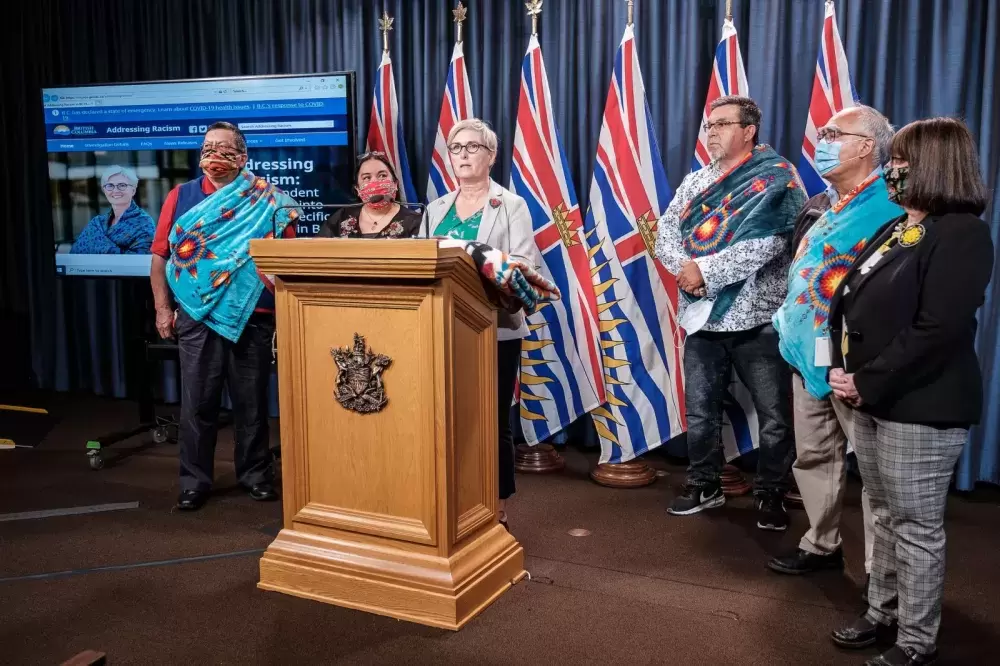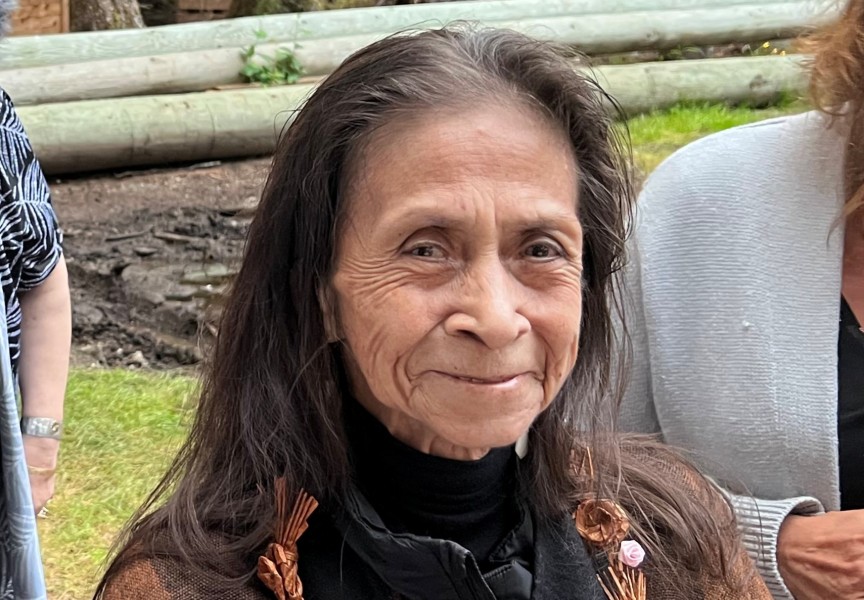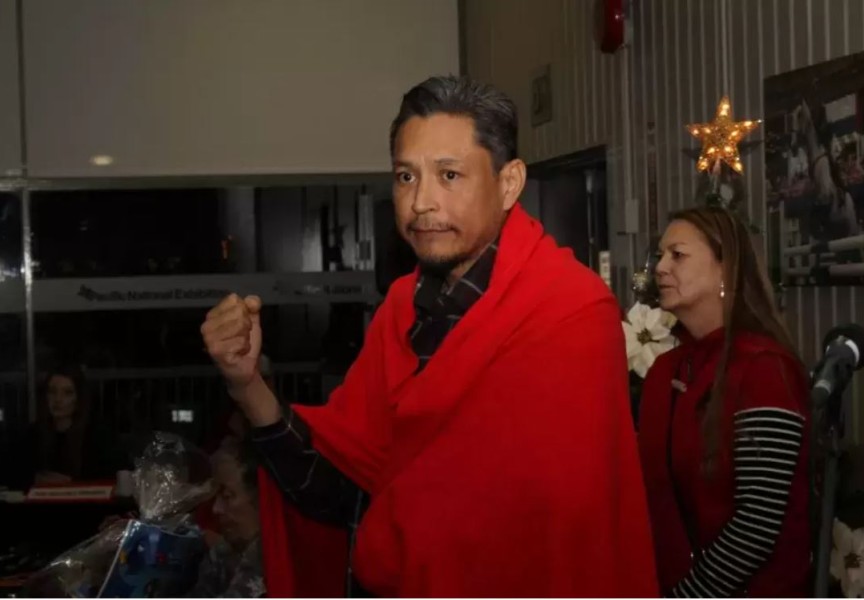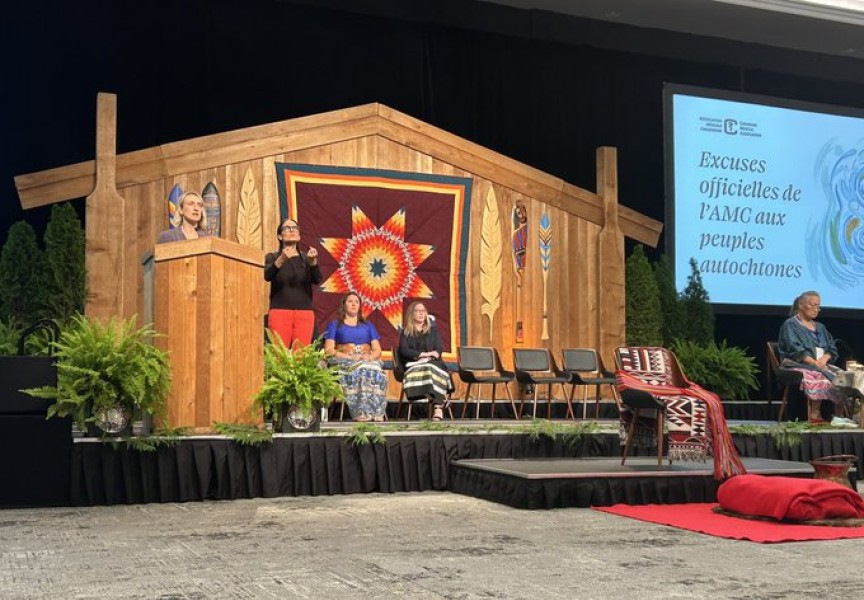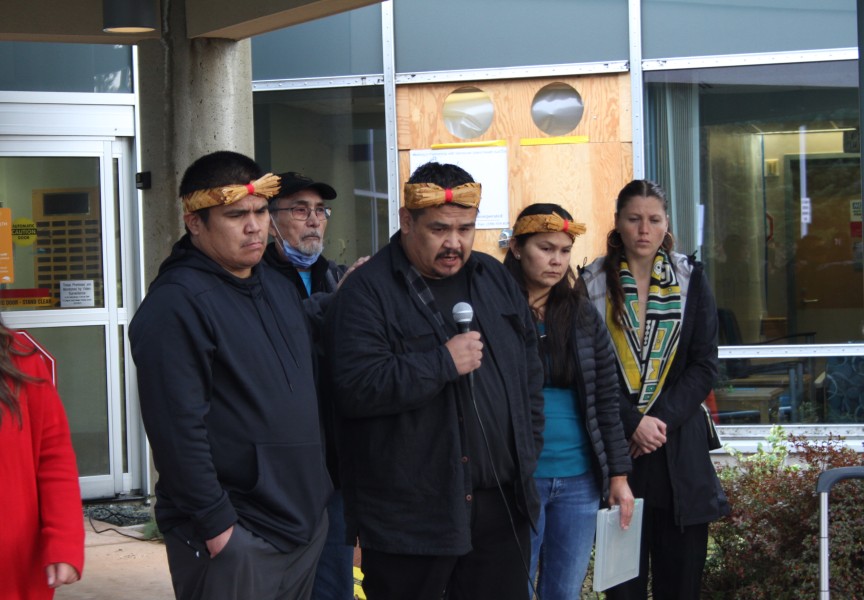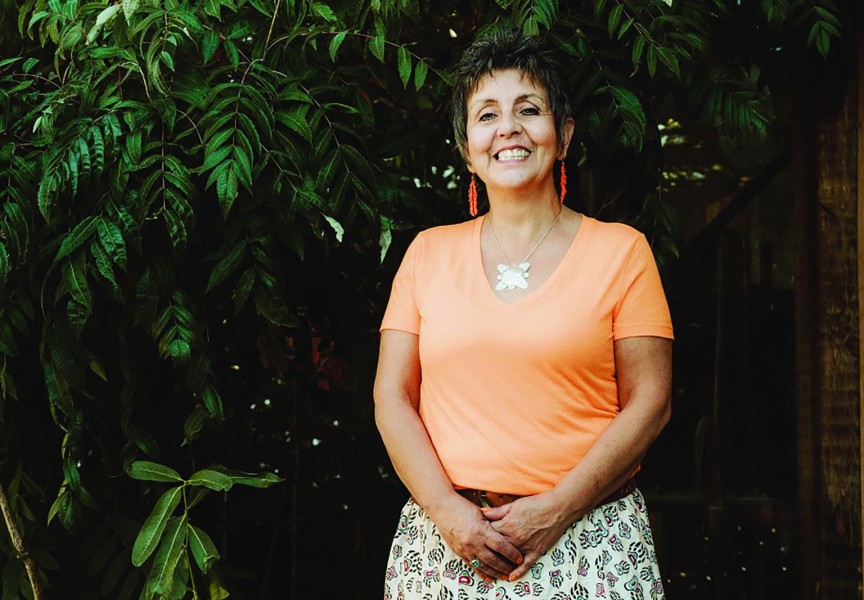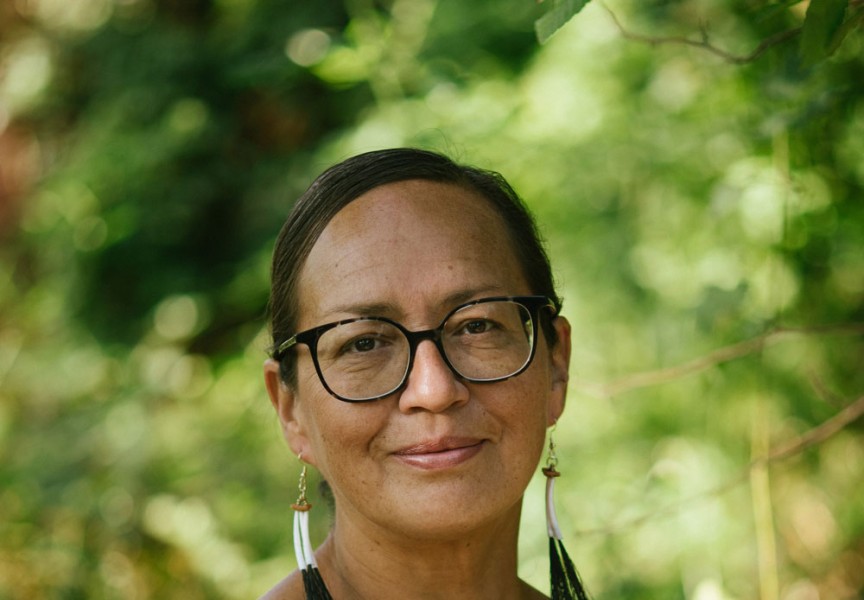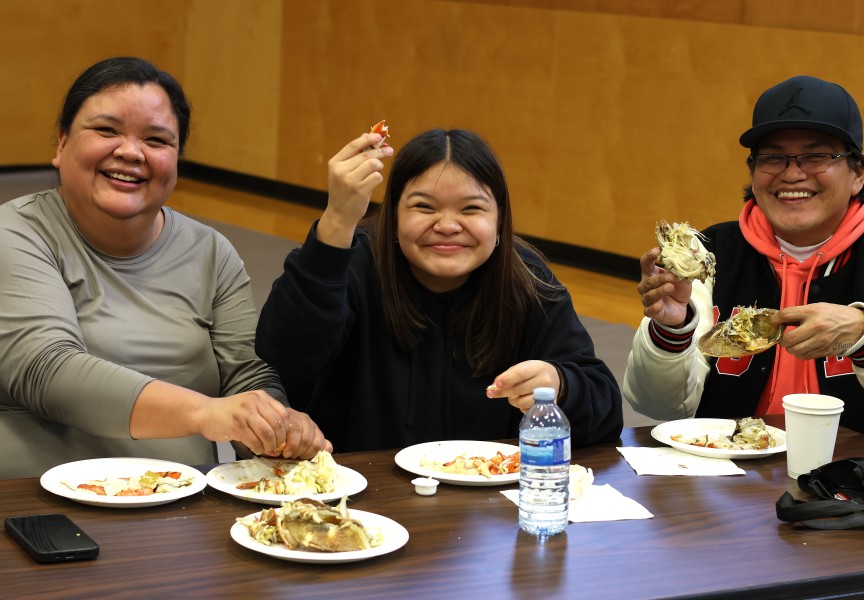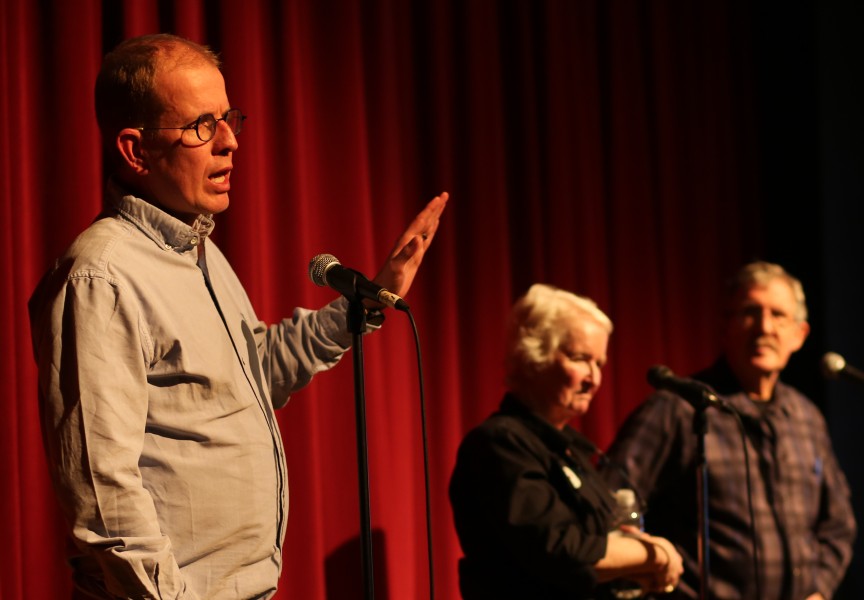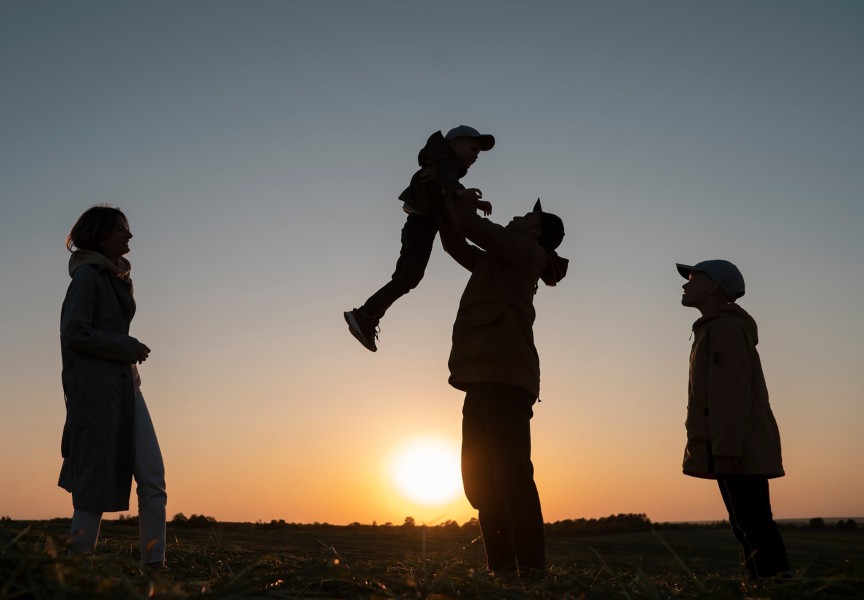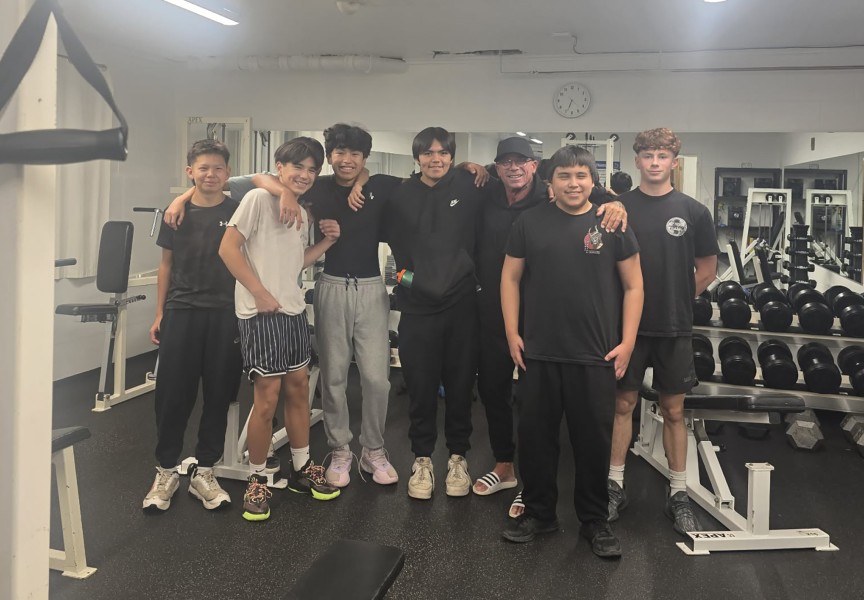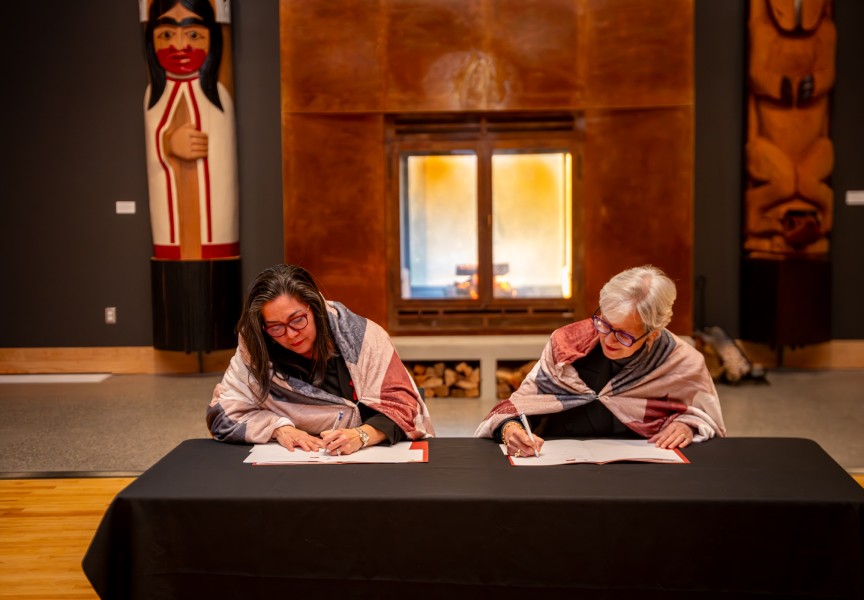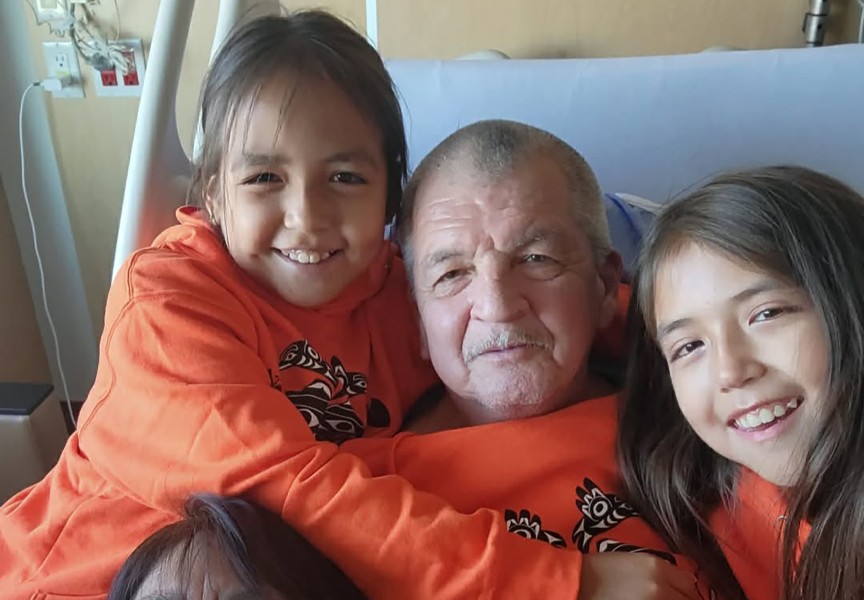It’s been more than a year since a report made 24 recommendations addressing Indigenous-specific racism in B.C.’s health-care system, but its author says “ineffective collaboration” has slowed improvements.
Led by independent reviewer Mary Ellen Turpel-Lafond, the In Plain Sight report identified “widespread systemic racism against Indigenous peoples” which resulted in a range of negative impacts, including death.
While Turpel-Lafond said there have been “some” signs of progress, they don’t go far enough.
“It is important to use this progress as motivation for the work ahead,” she said. “At the same time, we must not congratulate ourselves on a job well done. The fundamental issues remain in plain sight.”
The recommendations were informed by first-hand accounts from around 9,000 mostly Indigenous people, including patients, health workers, caregivers and concerned observers.
Turpel-Lafond said “little, if any,” movement has been made on six of the recommendations that emphasize the need to realign relationships between the province and Indigenous governments, under the United Nations Declaration on the Rights of Indigenous Peoples.
Indigenous governments need to be co-creating law and policy with provincial and federal governments, she said.
Eliminating racism and the future of reconciliation depends on “our ability to make rightful space for Indigenous decision making and sovereignty,” Turpel-Lafond added.
The First Nations Health Authority (FNHA) was founded in 2013. It is the only provincial health authority within Canada for Indigenous people, but Turpel-Lafond said it exists only as a “gentleman’s agreement between Canada and B.C. because it doesn't have a legislative foundation.”
“We need to think about giving it some proper grounding legislatively so that its mandate, its scope, its function can be more hardwired [into] the system so that they can have greater influence, because their service footprint is still very small,” she said.
Health Minister Adrian Dix said the report’s anniversary “marks an important moment.”
“It's a time for the province and all British Columbians to reflect on the impact of racism on Indigenous peoples and their health, and to recommit ourselves to eradicating racism in health care,” he said in a release.
Dix said the province has taken “important first steps,” including public apologies from health system leaders and regulatory bodies, as well as the creation of a task team to support and hold the province accountable to implementing all 24 recommendations.
In October, 33 members were appointed by the Ministry of Health, in consultation with Indigenous health care partners.
They are a “diverse group of First Nations and Métis leaders, health system experts, health care professionals, nurses and doctors,” the ministry said.
Nuu-chah-nulth Tribal Council Vice-President Mariah Charleson said she hasn’t seen much come of the task team and expressed concern about the lack of Nuu-chah-nulth representation.
Charleson hoped that shedding light on these health care issues would have encouraged the government to jump to “quick action,” but she has seen no progress on the ground.
“We're still hearing countless stories of our own Nuu-chah-nulth people experiencing outright, overt, and explicit racism when trying to receive basic health care,” she said. “The report didn't teach us anything new as Indigenous people. This is all information that, as Indigenous people, we are all very aware of as we've experienced it throughout our entire lives.”
The government has been “slow” to move on this, she said.
As of Dec. 3, the province has a total of 3,020 active COVID-19 cases. While Turpel-Lafond acknowledged that B.C. continues to grapple with the pandemic, as well as with the current flooding disaster, “these crises this year have impacted Indigenous people more than anyone else.”
“Emergencies do happen,” she said. “They do impact the pace of work, but they've also elevated and escalated, to me, the importance of this work because these emergencies are disproportionately impacting Indigenous communities, and Indigenous people in B.C.”
This speaks to the need to redouble efforts, she said.
“I want Minister Adrian Dix to say he understands that and he's more committed than he was even a year ago,” she said.
Dix said the province remains “absolutely committed” to implementing all 24 recommendations from the In Plain Sight report.
"We acknowledge, as Mary Ellen Turpel-Lafond reminds us, that there is more important work to do to respond to the truths shared with government with the kind of fundamental transformation to B.C.'s health system needed to ensure all First Nations, Métis people and Inuit accessing health care in British Columbia experience a culturally safe and respectful health-care system - free from racism, stereotyping or discrimination,” he said.
On Nov. 30, Turpel-Lafond organized a virtual forum that examined Indigenous women’s perspectives on healthcare and wellness. Around 600 participants attended, with panelists including FNHA Acting Chief Medical Officer Shannon McDonald, Island Health Medical Health Officer Shannon Waters, and Tania Dick, a representative from the First Nations Health Council Vancouver Island Region. Charleson said she was not invited.
“These issues are difficult, but I really see how activated Indigenous women are and how the report created more safety for them to take on leadership roles in healthcare,” said Turpel-Lafond. “I feel like this piece of work that's a year old has really been unpackaged and is on the ground shaping and reshaping [our] thinking. If there's more tools there for Indigenous people to be able to use inside the systems that have been oppressing in the past, that is the kind of victory that I'm all in for.”
Like she has done over the past year, Turpel-Lafond said she will continue to closely monitor the government’s progress.
“The elephant in the room of racism against Indigenous people in healthcare in B.C. is out in the open,” she said. “It doesn't mean it fixes it, but at least we have now brought it out … people aren’t willing to let it go. They’re not prepared to let this slide.”

